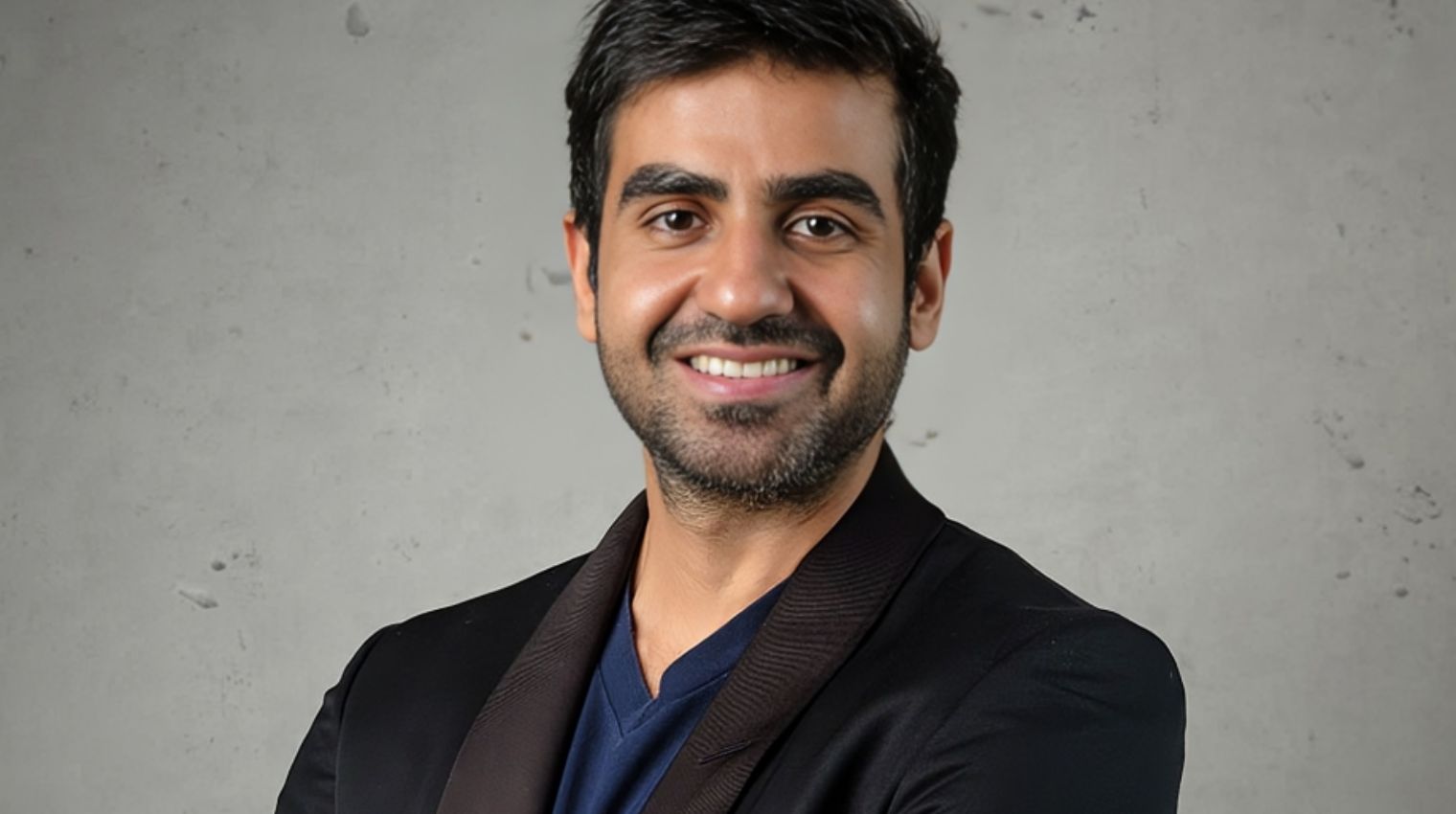In the midst of the political turmoil surrounding the ‘inheritance tax’ in India, a recently surfaced video showcases Nikhil Kamath, the co-founder of Zerodha, engaging in a discussion about this issue with Mint. Within the video, Kamath expresses his endorsement for the implementation of an inheritance tax in India. He emphasizes the necessity of having a mechanism in place to redistribute a portion of wealth when it is passed down from one generation to another.
Kamath highlights that inheritance tax has been successfully implemented in various countries, such as South Korea, America, and the UK, where it is known as estate taxes. He further argues that in India, where only a small percentage of the population pays income tax, introducing an inheritance tax could potentially broaden the tax base by including more individuals. These remarks from Kamath align with the broader conversation on wealth distribution, which was initiated by recent statements made by Sam Pitroda, the Chairman of the Indian Overseas Congress, regarding the inheritance tax in the United States.
Implementing an inheritance tax in India has faced opposition from those who argue that it may not be justified. Balwant Jain, an investment and tax expert based in Mumbai, believes that such a tax disincentivizes hard work and could potentially hinder the progress of the country. He asserts that implementing an inheritance tax does not align with the national interest.
Zerodha’s Nikhil Kamath supports ‘inheritance tax in India’ Watch the full video here
Inheritance tax in India
The inheritance tax has a long history in India, dating back to its introduction in 1953 through the Estate Duty Act. Its purpose was to address the wealth disparities that existed at the time. However, this tax was abolished in 1985.
According to Neeraj Agarwala, a partner at Nangia Andersen India, the transfer of capital assets through inheritance is not considered a taxable transfer under section 47 of the Income Tax Act. This means that receiving ₹20 lakh and two house properties through inheritance does not currently incur any tax liability. Any tax obligations would only arise when the inherited house property is eventually sold in the future. Agarwala also highlighted that there is currently no requirement to declare inherited property in the income tax return, so no additional disclosure is needed for these assets.
Sam Pitroda sparks debate on ‘inheritance tax’ in India
Sam Pitroda highlighted the contrast between the inheritance tax system in America, where 45% of wealth can be passed on to children and 55% goes to the government, and the lack of such a provision in India, where heirs receive the entire wealth without any contribution to the public. He emphasized the importance of initiating conversations and debates on this matter, stating that policies on wealth redistribution should focus on the welfare of the general population, not just the extremely wealthy.

